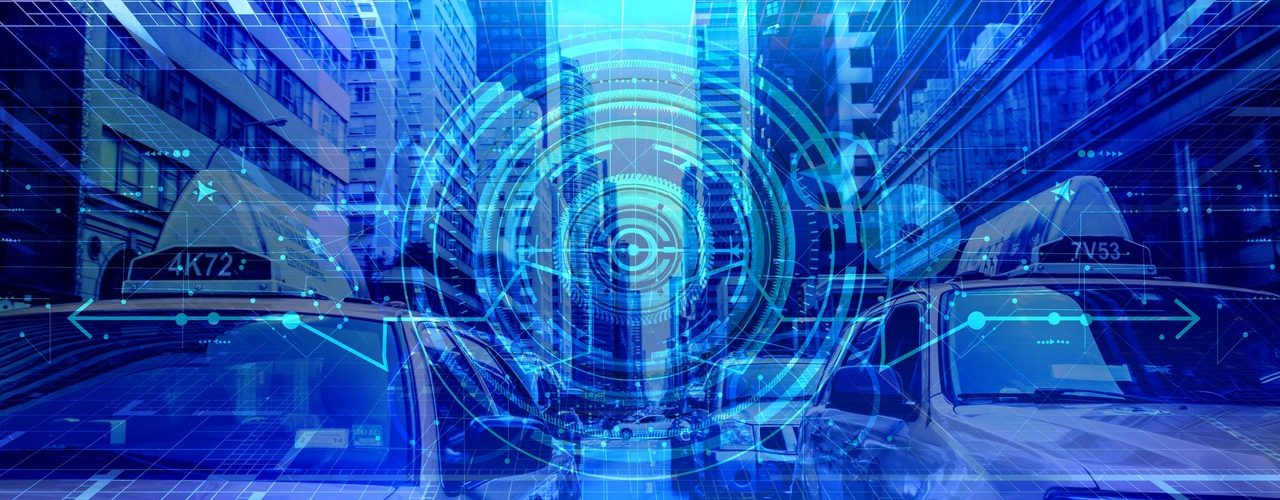- Introduction of VIDA and Implementation Timeline: The European Union’s Value Added Tax in the Digital Age (VIDA) initiative aims to modernize VAT regulations and combat fraud, with key components such as digital reporting for cross-border B2B transactions, deemed supplier rules for platform economies, and a single VAT registration system. The implementation timeline spans from 2028 to 2035, with mandatory requirements starting as early as July 2028.
- E-Invoicing Mandates and Standardization Efforts: A wave of domestic e-invoicing mandates is emerging across various EU countries, creating a complex compliance landscape for multinational businesses. The Peppol organization is being considered for standardizing e-invoicing practices, although it does not enforce uniform data requirements, leading to potential inconsistencies across jurisdictions.
- The Role of AI in VAT Compliance: Artificial Intelligence is set to enhance VAT compliance by improving data management, automating reporting tasks, and analyzing transaction data for anomalies. However, businesses must address challenges related to data quality, technology investments, interoperability across different systems, and the allocation of resources to adapt to these evolving VAT requirements.
Source Taxbackinternational
Click on the logo to visit the website
















